A Note on Sustainability and Transparency
At Østerland, we take a holistic approach to sustainability by leveraging business as a tool for social, economic and environmental impact. For example, by working with artisans in Afghanistan, we help create income for one of the poorest and most isolated countries in the world. Doing business in countries affected by conflict and war can be complicated.
To do ethical business in Afghanistan, all of our artisans and NGO partners in Afghanistan have been through a due diligence process which means that our partners have been through a risk assessment which is done by conducting a country analysis, supplier screening, and a questionnaire to be completed and signed by the supplier.
Almost all our products are handmade and predominantly hand assembled with limited usage of industrial machines. We only do small-batch production and upcycle our leftover fabrics into small jewelry bags. When you buy our jewelry, you will receive your items in our upcycled bags from our kutnu pillowcase leftover. Most of our products are developed and designed in collaboration with our artisans.
This means that almost all our products meet the UNESCO definition of artisanal. Our products reflect the traditional skills and heritage of the refugee artisans and where possible we always use local raw materials. Regarding payment of our artisans, we follow the guidelines of fair living wage as set by the World Fair Trade Organization.
SDG 1 No Poverty
-
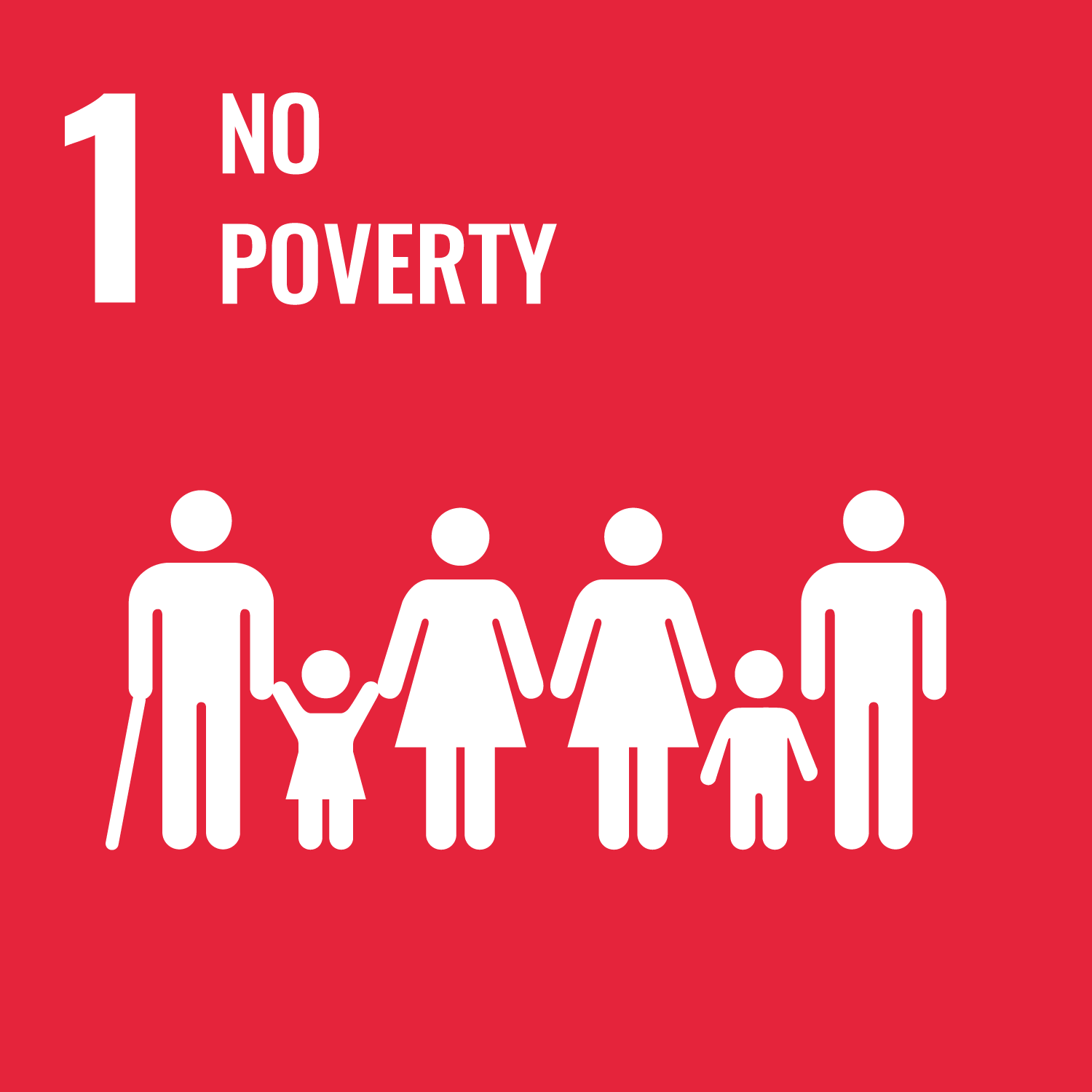
Learn More About SDG Development
-
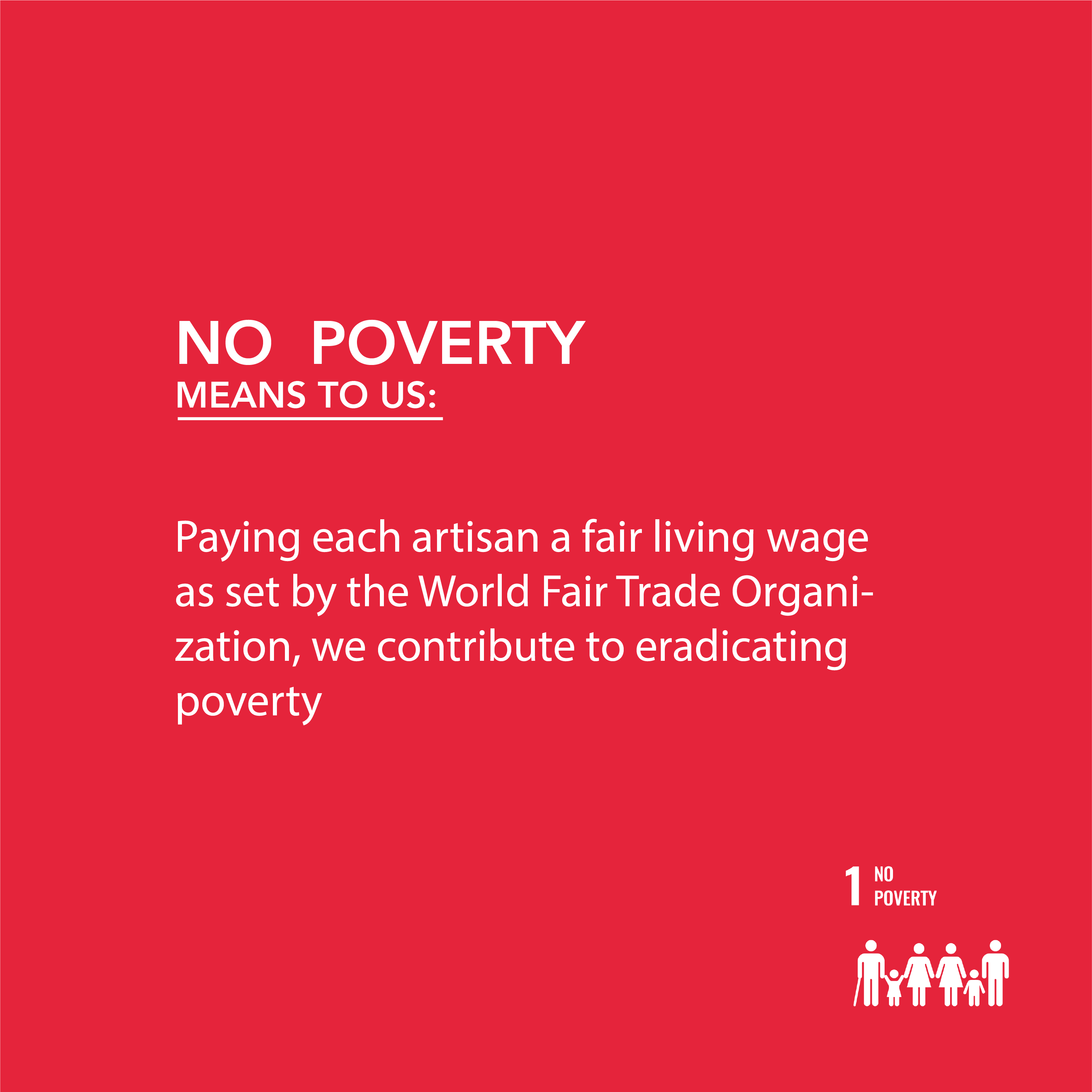
How SEP advances SDG1
SDG 10 Reduced Inequalities
-
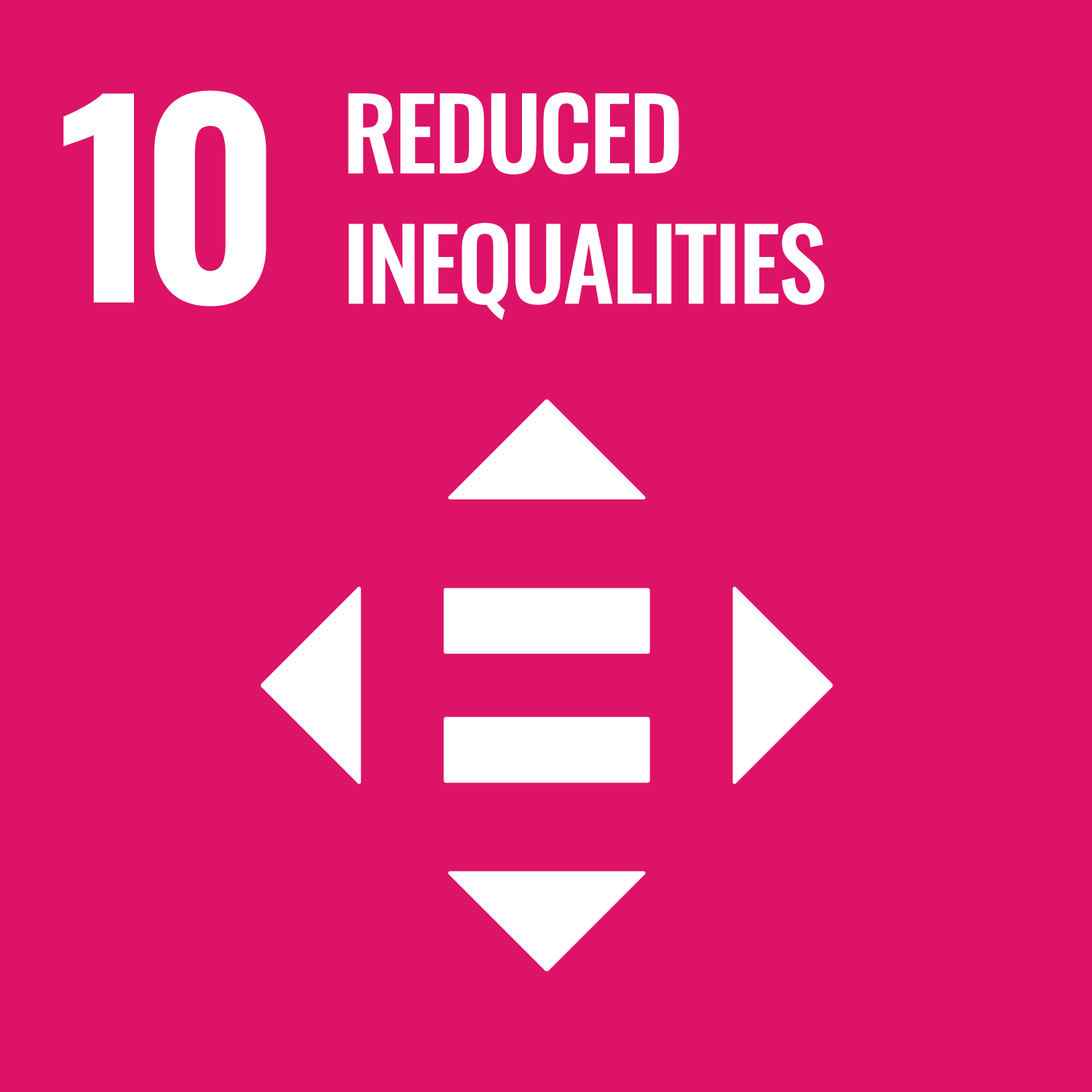
Learn More About SDG Development
-
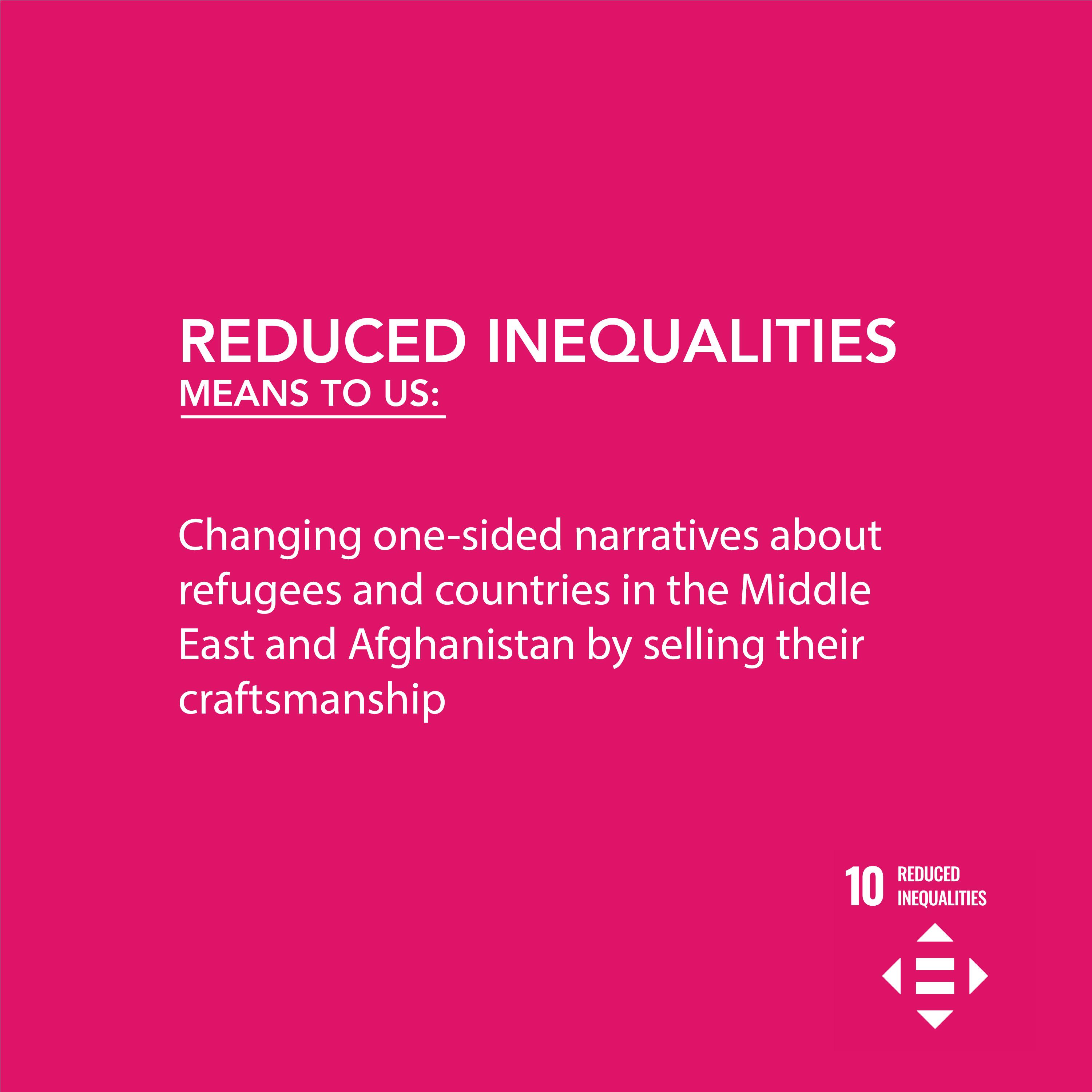
How SEP advances SDG10
SDG 17 Partnership For the Goals
-
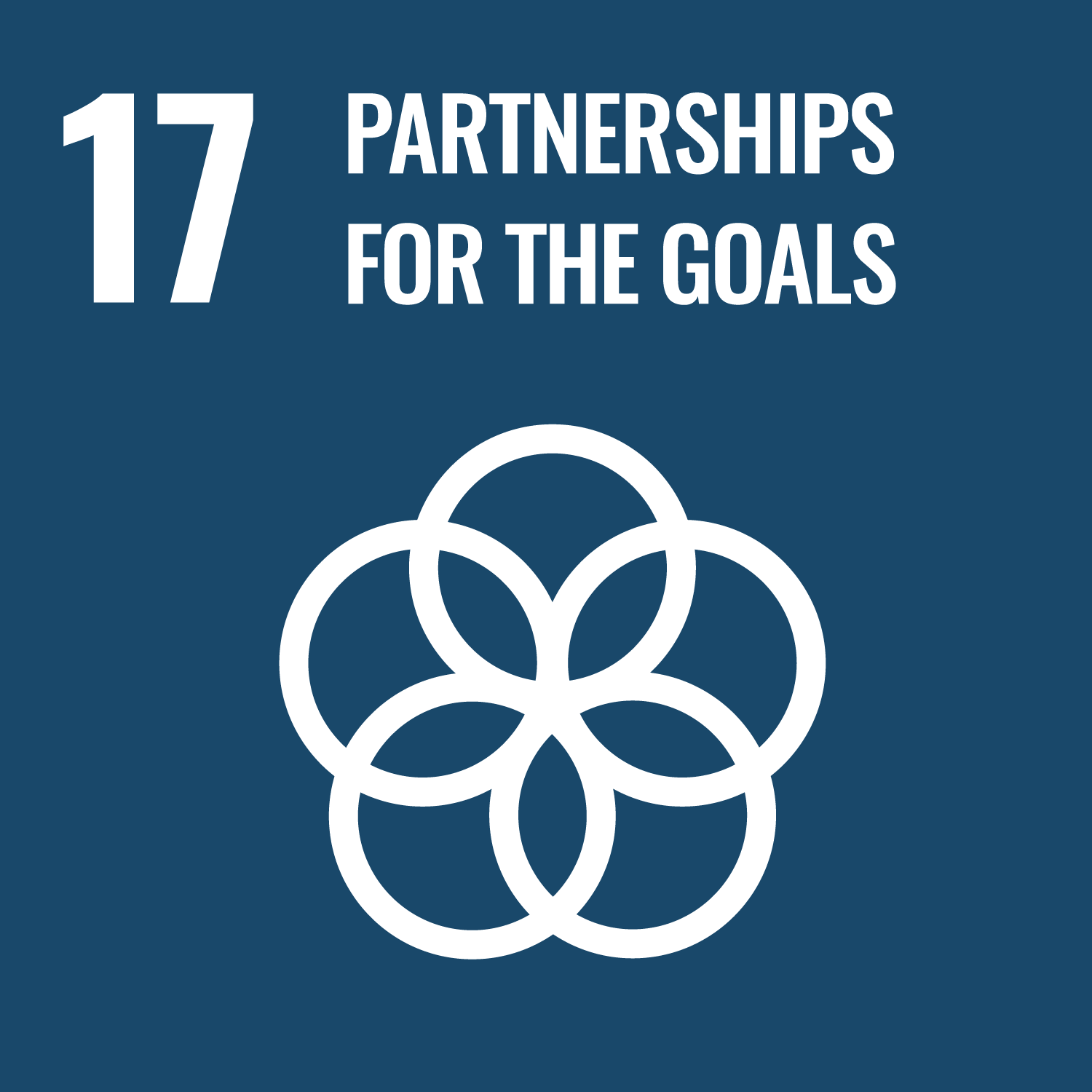
Learn More About SDG Development
-
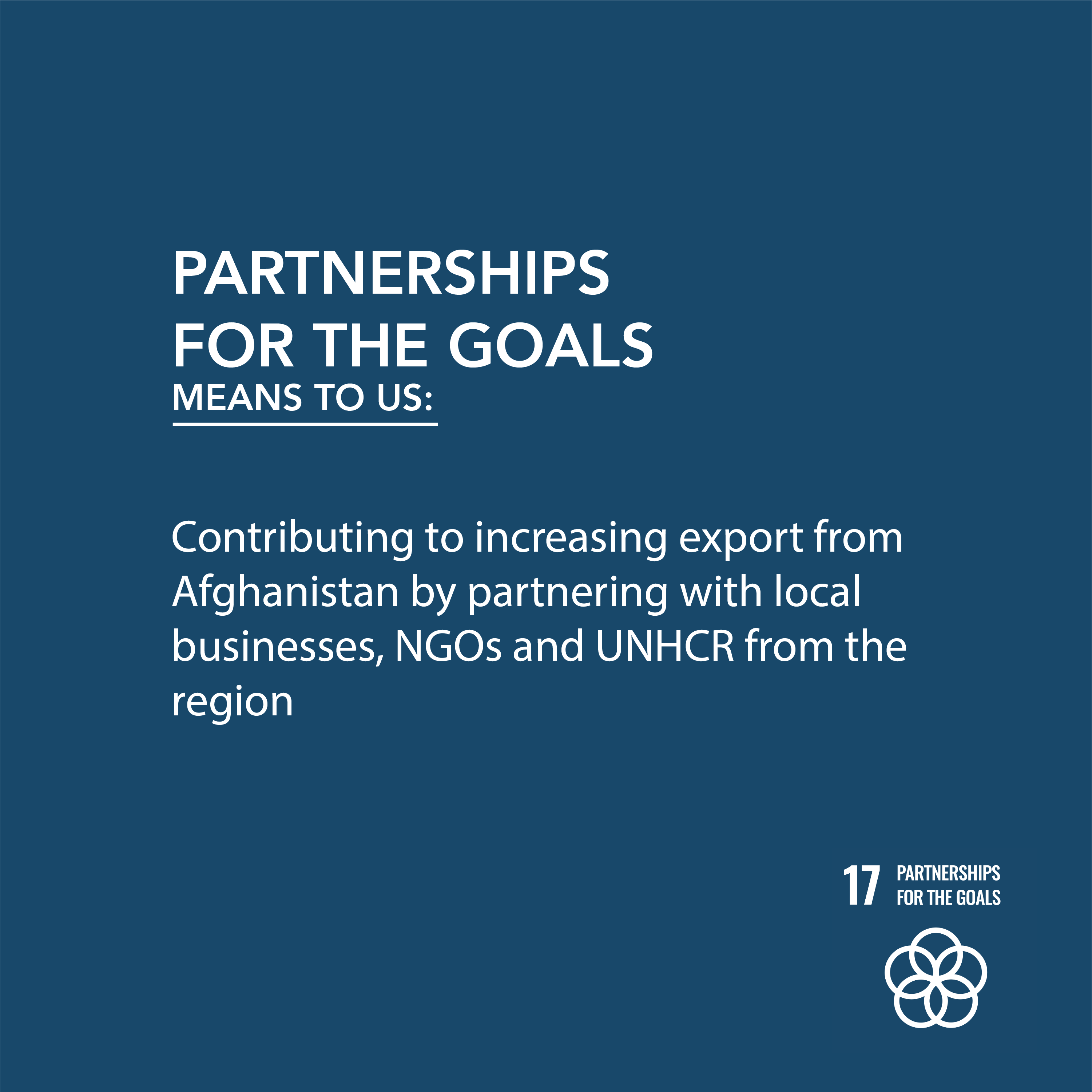
How SEP advances SDG17







